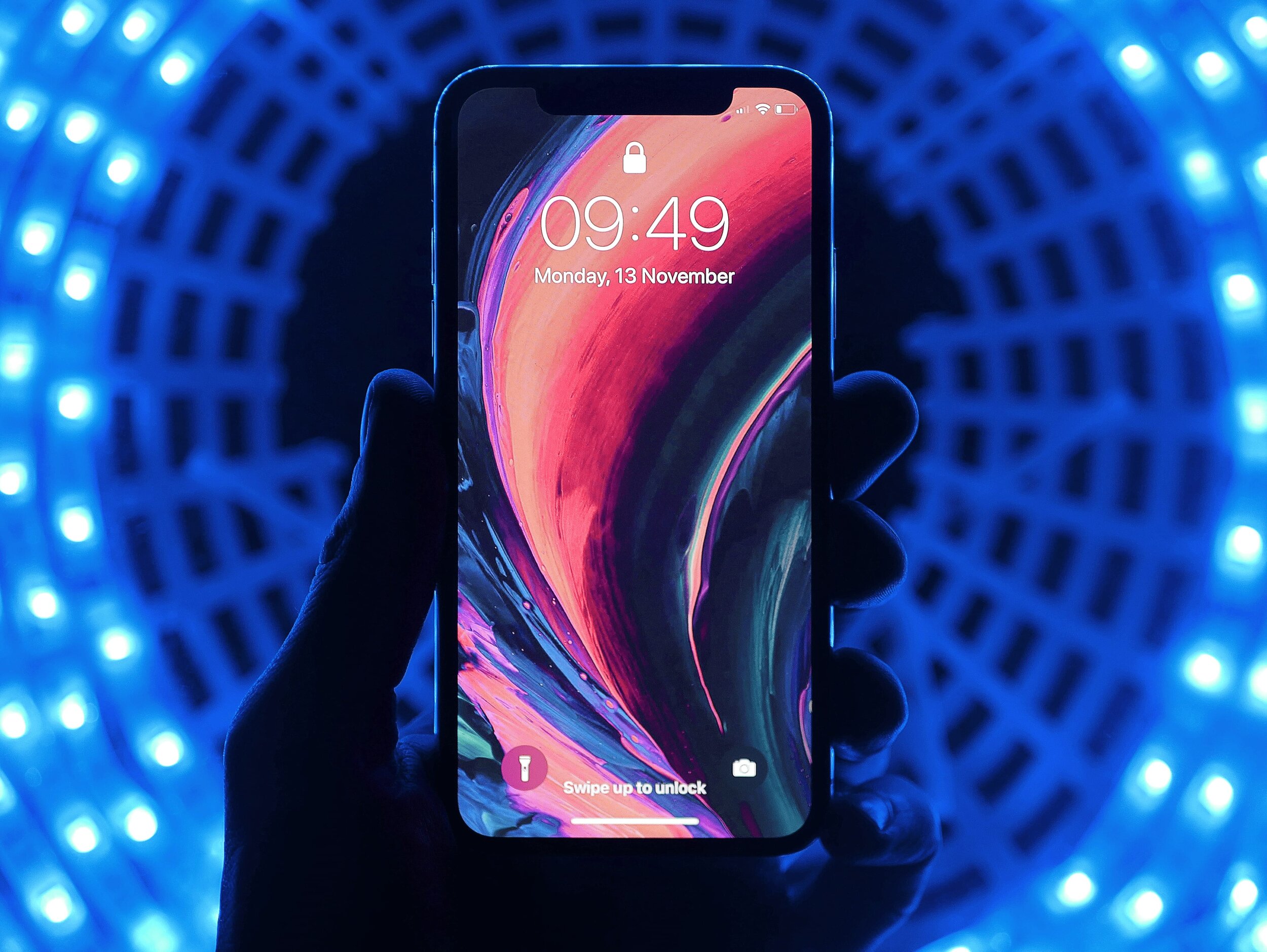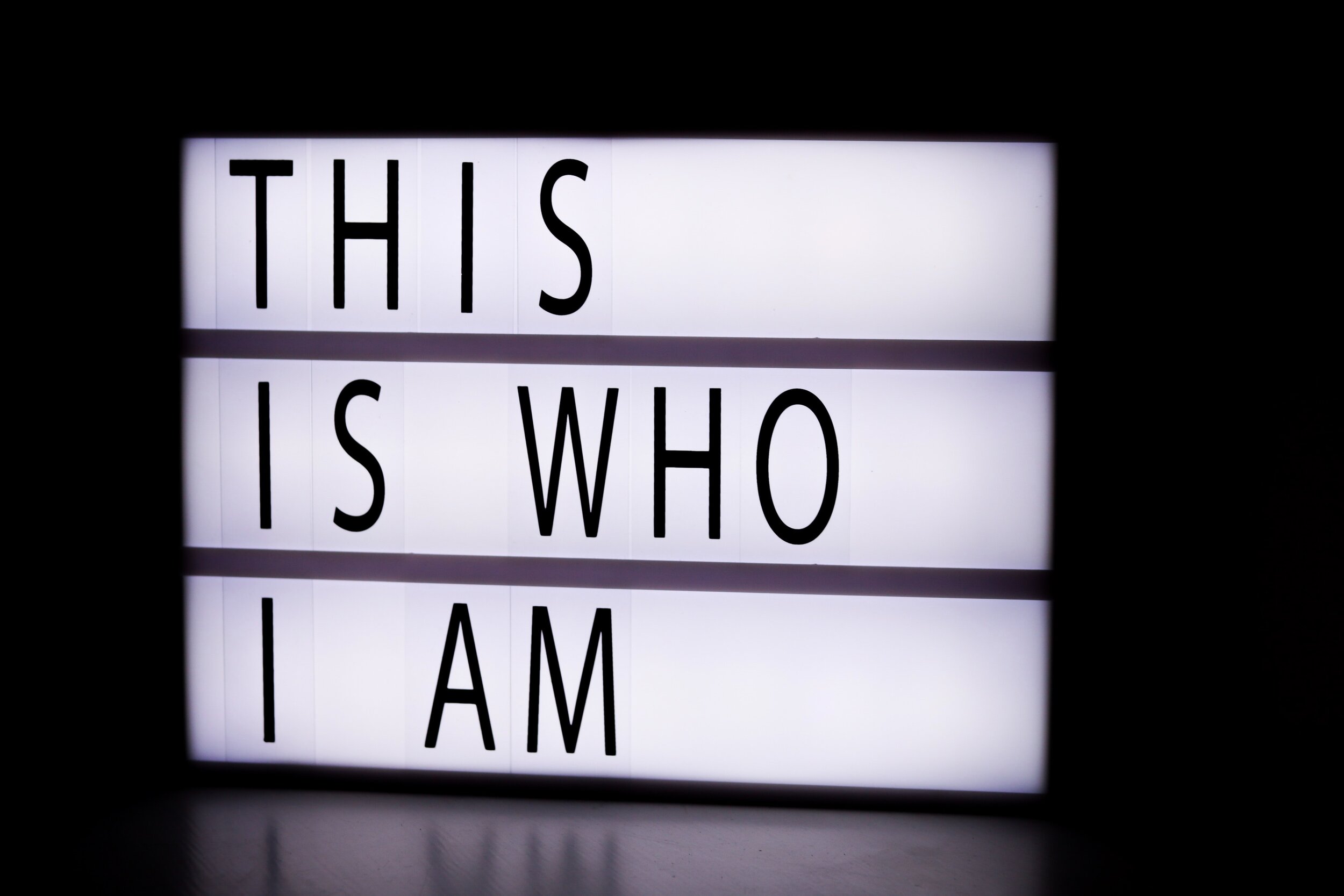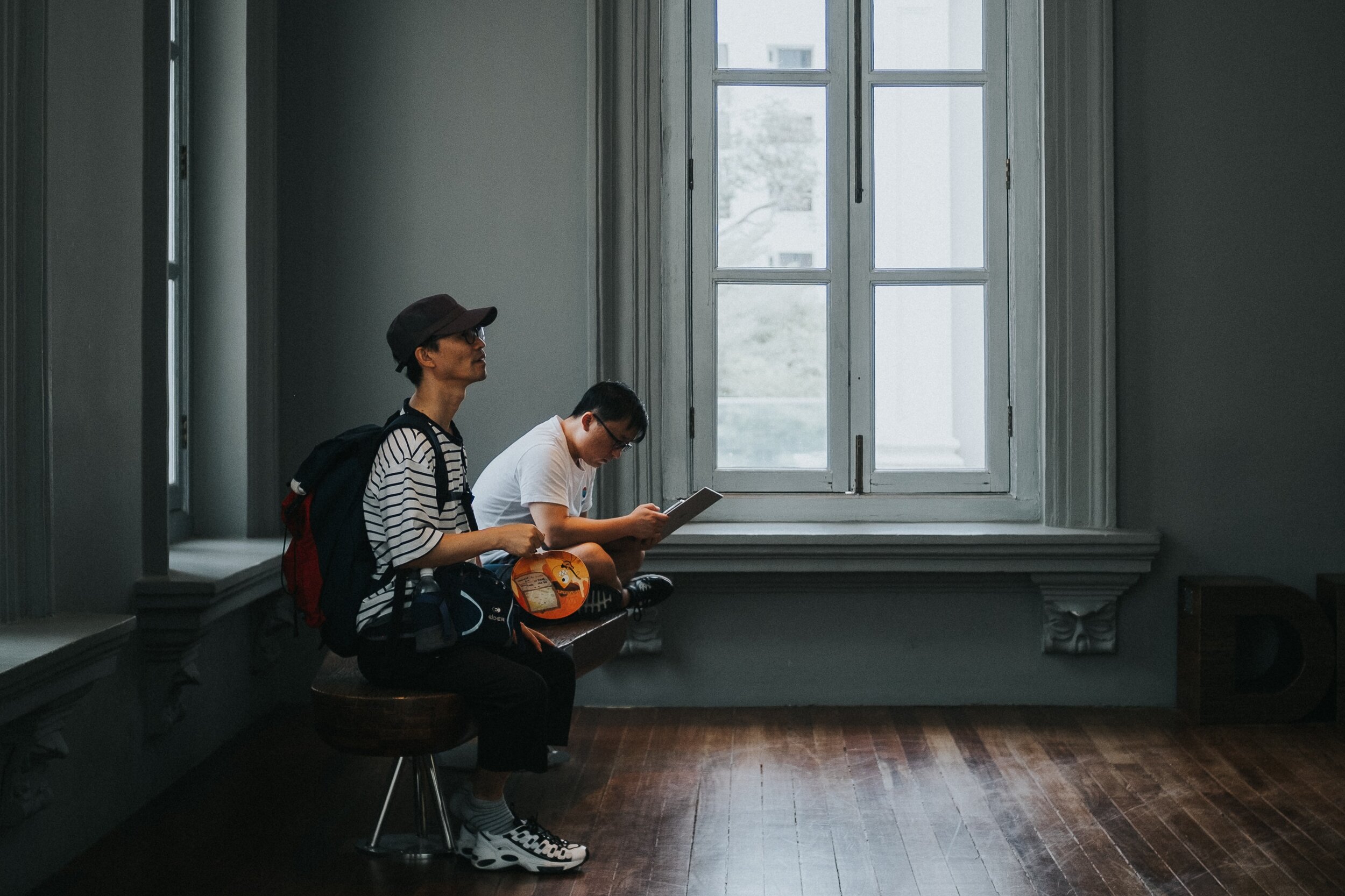Before I start, I would like to provide some context. I am a 27-year-old; in other words, I am a millennial.
According to the Pew Research Centre, a millennial is someone born between 1981 and 1996.
It’s often said that millennials value experiences over material things. But why is that?
While I cannot claim to speak for all millennials, I do share some commonalities with my generation. So I hope to shed some light on why experiences trump material things for millennials.

MATERIAL THINGS AND THE PROBLEM WITH HEDONISTIC ADAPTATION
The problem with owning material things that are used daily is that we tend to adapt to them. Let me give you an example. Before my current phone, I was using a budget smartphone, which did whatever I needed it to smoothly and did not add any stress to my life. But from time to time, I dreamt about buying the latest and greatest smartphone. After saving up for a while, I managed to.
At first, I was really excited about my new smartphone. And for a time it did really make me happier. However, as time went by, I began to adapt. I was noticing less and less how it was better than my previous budget smartphone. Then I got used to it and lost the positive feelings about it. I adopted a neutral stance on it.
I am not suggesting that you should avoid buying all material things. Owning things that will have a negative impact on your life (e.g. uncomfortable shoes that cause pain) can be stressful. So upgrading to something else to remove the stressor is totally worth it.
But if you’re thinking of upgrading a material thing that is neutral to you – meaning you would like something better but what you have now doesn’t actively detract from your life on a daily basis – think again. You’d probably benefit more from an experience, like watching a movie, visiting a museum, going out with friends, learning a new skill or attending a concert.
Why? Because these experiences stay with you and don’t lose their value. They are harder to get used to. They also have the added benefit of reducing stress, positively impacting both your mental and physical health. A designer bag or new smartphone can’t do that for you after a while.

EXPERIENCES FORM A MORE SIGNIFICANT PART OF OUR IDENTITY
As humans, we are all social animals. This means that a significant part of our identities is wrapped up in our relationships with others. Experiences connect us with others more than material things do. Don’t you feel closer to someone who attended the same school or was in the same army platoon as you, compared to someone who owns the same phone or t-shirt? That’s why I’d rather spend my money on an experience with my friends or family than on a material thing that I don’t really need.

EXPERIENCE PURCHASES ARE LESS PROBLEMATIC THAN MATERIAL PURCHASES
A wrong material purchase is often more problematic than a wrong experience purchase. I realised this when I was moving house and discovered a whole host of things that I had long forgotten about or were spoilt due to the lack of use. That filled me with a healthy dose of buyer’s remorse.
On the other hand, experiential purchases that do not go according to plan tend to be less problematic. Even if something goes wrong, it often provides fodder for a memorable story. It can also be rationalised with a change of perspective, while the untouched shirt I bought at a sale lies in my cupboard as a symbol of my regret.
It’s a lot easier to find deeper meaning and unintended benefits in less than pleasant experiences. An experience I hold dear to my heart was my visit to the National Museum when I was younger. Even though the museum was crowded at the time, I really enjoyed learning about the exhibits and spending time with my family.
Like many of my millennial peers, I value experiences over material things as I find that experiences are more meaningful additions to my identity. They are also less problematic than material purchases. Not only that, with owning material things, there’s also the issue of hedonistic adaptation. My thrill of possessing it just doesn’t last.
Which side of the debate do you fall on?

